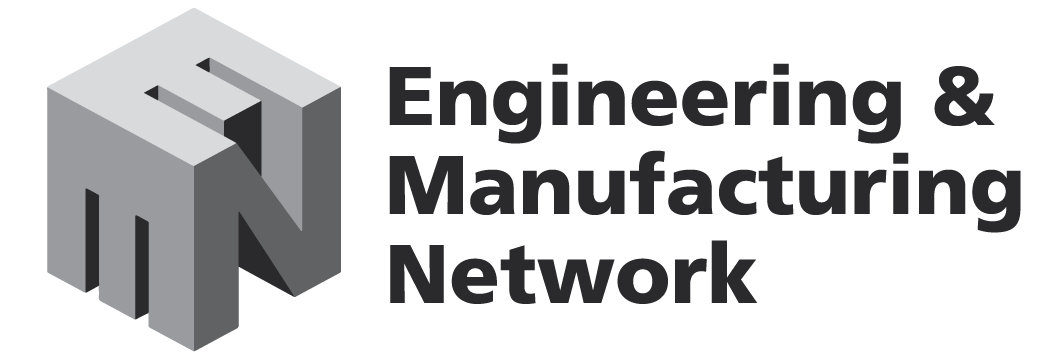Excelpoint reports a significant increase in demand from the manufacturing sector to digitalise business-critical core systems
North East based tech firm Excelpoint has reported a significant increase in manufacturing-based businesses embracing its no-code technology to digitalise business-critical systems.
It has reported that the sector is embracing digital transformation to replace inefficient systems and processes with automated solutions to drive business improvements, create efficiencies, and improve insight through better recording and reporting of data.
Excelpoint is certainly seeing the pace of adoption by manufacturers go up a gear. So far in 2021, 70% of all new business has been from this sector and the company has worked on projects including the configuration of tailored CRM and sales management solutions through to estimating, production control, quality control, scheduling, order management and service desk. Many of the projects deployed using Excepoint’s no-code technology have been for business-critical core systems and have required seamless connectivity to existing legacy systems.
Feedback from the sector is showing that they are opting for a no-code solution as they are realising the many benefits of no-code from time to value, rapid configuration and deployment, agile development and the ability to span enterprise-wide. No longer are off-the-shelf solutions or potentially expensive and slow to deploy bespoke development the way forward. As no-code and low-code technology gain momentum, organisations are embracing and using its capabilities to empower business and professional developers to configure and deploy solutions to meet business challenges.
According to Deloitte, the sector’s investment in digital technologies has realised on average a 10% increase in production output, 11% increase in factory capacity and a 12% increase in labour productivity.
Manufacturers are not only starting to enjoy more efficient and streamlined operations as a result of digitalised workflows and business processes, but they also add value to the customer and employee experience.
Ian Brown, Managing Director at Excelpoint said: “The trend for “smart” factories using digital technologies is now encompassing a focus on business processes and workflows with the digitalisation of manufacturing facilities requiring a solution that is multi-functional, integrated and embraces data analysis to drive strategy, and our “smart software” is ideally positioned for this challenge.”
Business-critical core systems are being prioritised for digital transformation to improve organisational performance and importantly realise an enhanced customer and employee experience.
We have seen a significant increase in the number of UK manufacturers embracing digital technologies as a way of gaining competitive advantage.
Our message to other manufacturers currently thinking about digitalisation is to identify and prioritise existing processes to undertake a digital transformation. Invest in areas where you will make the most difference and that are business-critical, and be realistic, you can’t leverage all technologies at once.”
Ian continued: “It is important not to forget the people aspect, it is essential to create a culture with change in mind and one that is open to a shift towards an ever-evolving digital world, and to establish a project team from the main areas across your organisation to drive and manage the transformation and ensure you remain focused on and achieve a faster time to value.”
For more information or advice on how your organisation can take advantage of digitalisation, please visit www.excelpoint.co.uk, contact 01325 375930, or email hello@excelpoint.co.uk.
